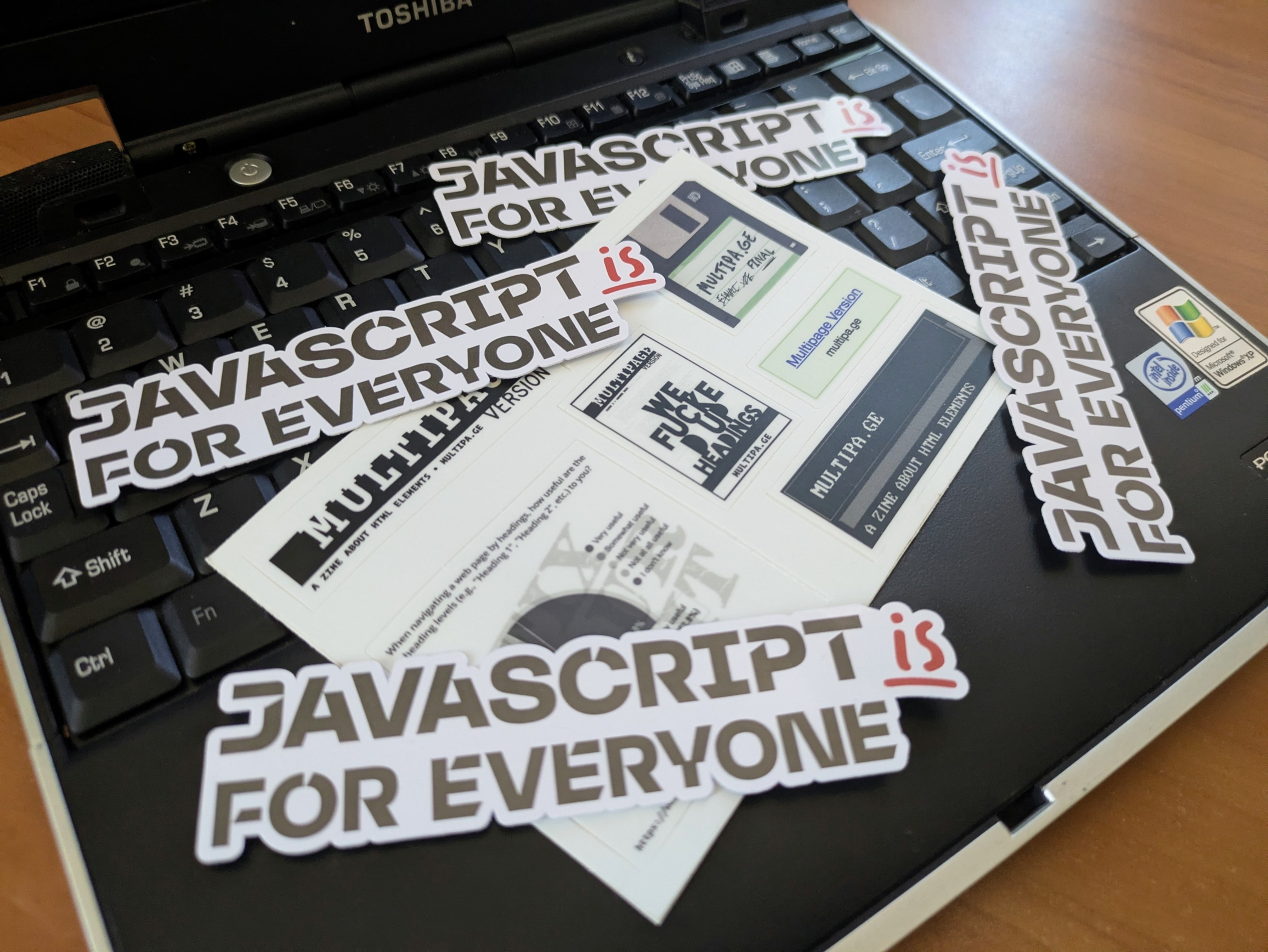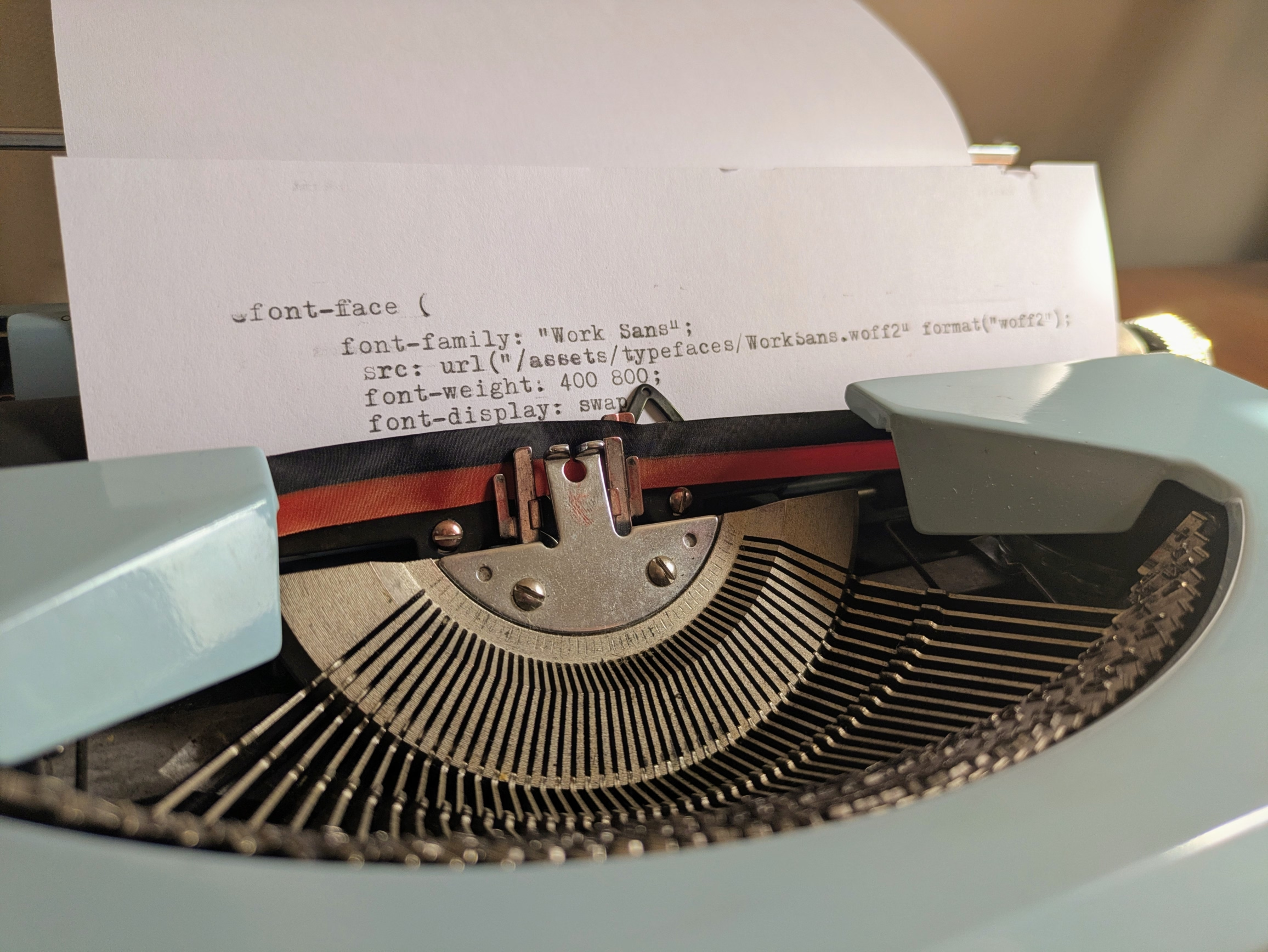Non-technical folk will (probably) bungle your email on a custom domain.
Emails are centralised to a few major platforms such as Gmail, Outlook, and iCloud. When you have an address straying from these usuals, people oftentimes get confused, which leads to bouncing emails.
TLDs straying from the familiar .com, .net, and .org are a common cause of issues. Frequently, people add one of the TLDs they’re familiar with after the actual address. For example, an email on my domain vale.rocks might be example@vale.rocks, but some people try to send an email to example@vale.rocks.com.
Another common issue is people assuming all emails end in gmail.com, which leads to addresses such as example@vale.rocks@gmail.com or example@vale.rocks.gmail.com.
You must ensure you know your audience. This probably won’t be an issue with a more technical crowd and is less so when people needn’t manually enter an address and it is instead filled for them, but you should be wary when targeting a casual group.
Don’t lose leads and business because of your snazzy email address.








